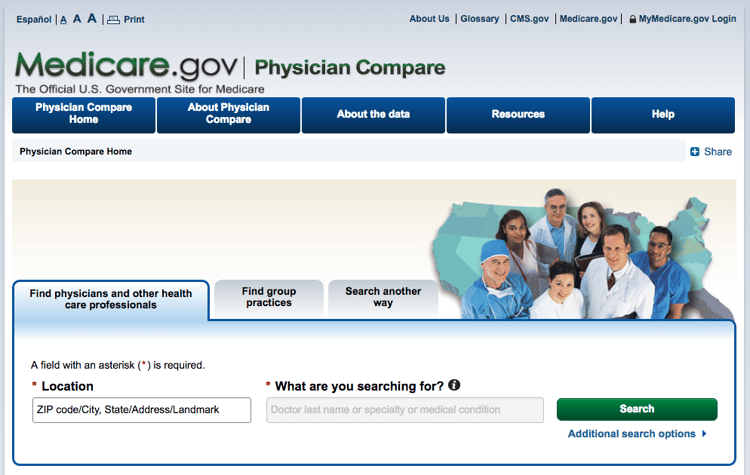
Healthcare reimbursement is undergoing “the most dramatic shift in Medicare payments in the program’s 50-year history,” from fee-for-service to value-based care. But most physicians aren’t familiar with the important law that is establishing these changes for the future, the Medicare Access and CHIP Reauthorization Act of 2015 (MACRA). Proposed details for MACRA were released by the Centers for Medicare and Medicaid Service (CMS) a few months ago, in April 2016.
What changes with MACRA?
MACRA is transforming the old Meaningful Use EHR incentive program into the “Advancing Care Information” program. The law also introduces two tiers of Medicare reimbursement:
- MIPS (Merit-Based Incentive Program) for practices that stay in the fee-for-service medical model and get a grade from 0-100
- APMs (Advanced Payment Models) for more advanced medical service models. APMs include bundled payments, ACOs, and other “at-risk” models that reimburse groups on quality and total cost of care for patients. At-risk practices who qualify as higher-level “Advanced APMs” will receive an annual 5% bonus on their Medicare payments.
Below is a video from CMS that explains MACRA without using any acronyms:
Even though MACRA was passed in April 2015 with proposed details released in April 2016, Deloitte just published a physician survey that found that 50% of non-pediatric physicians have never heard of MACRA. When MACRA begins, likely sometime in 2017, a lot of physicians are in for a rude awakening. Low-performers will get lower reimbursements and most practices’ MIPS scores will be published on the public Physician Compare website.

MACRA and tracking referrals
Some of MACRA’s regulatory measurements reward tracking referrals and achieving high numbers of closed referral loops, which happens when PCPs receive consult reports from specialists. The percentage of patient referrals that get closed is one of 10 cross-cutting measures under MIPS. And tracking referrals “through the entire process” is part of at least one of 14 measurements within the care coordination category under the MIPS Clinical Practice Improvement Activity (CPIA) framework.
Tracking referrals and closing more referral loops is even more important for advanced payment model practices such as ACOs. Advanced payment model practices need to optimize their referral patterns to keep costs low and quality scores high. Therefore, most practices should begin paying close attention to referral management processes.
Prepare now with online referral management
Some practices may choose to make no value-based changes to their practice and pay the maximum 4% penalties that apply when MIPS begins. However, when the maximum penalty under MIPS becomes 9% over time, the ROI calculation changes significantly.
Top performing primary care practices now employ IT solutions to better manage cost and quality scores, which will be measured and reimbursed accordingly under MACRA. Large practices are beginning by building a high-performance network of specialty care referral partners and measuring their success from a single online referral management application. Through the application, referrals are more easily managed by care coordinators, reducing repetitive work and making patients happier. High-performing specialist partners can work closely with primary care practices in managing quality scores and the total cost of care for patients, which will maximize reimbursement in the new era of MACRA.

